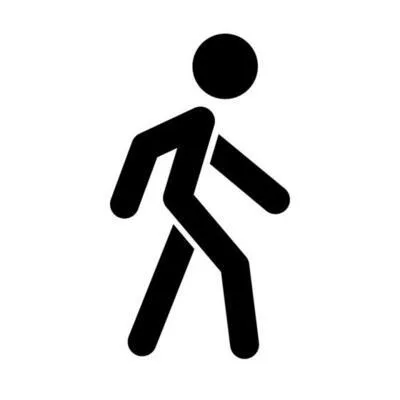Fitness IS Health, and Health is the new Wealth
Richmond's Home for Fitness
Welcome to S3E CrossFit
YOU WANT MORE
And We're Here To Help

Accountability
You have untapped potential and will thrive with professional coaching. Our coaches will keep you on track and accountable for your success.

Being Consistent
Consistency is key to achieving your dreams. We believe hard work, dedication, responsibility, and the power of our community is where that is found.

Time Management
Give us 1-hour of your day and you get the fuel to crush the other 23. With our small classes, you get individualized coaching and results you desire.

Nutrition
Your health and fitness is built on the foundation of your nutrition, not from your time in the gym. Our coaches know how to simplify this for you.
Why S3E CrossFit?
Benefits and Outcomes
Age is Just a Number
We believe that everyone, no matter their age, deserves world-class fitness & coaching.
Cool To Be Strong
One trip or die trying with your groceries is just one cool benefit to getting stronger.
Look Better Naked
You want to look better naked, lose body fat, and build lean muscle. We coach you how.
The Best Coaching
Our team has a passion for coaching & that is the key to unlocking your fitness potential.
Step 1
Schedule your free No Sweat intro.
No stress, no commitment. Tell us about you and your goals, learn about who we are, what we do, and how we can help!
Step 2
Try it out. Your first class is free.
The best way to experience the difference our coaching makes compared to everything you’ve done in the past is to try it out. First one is free!
Step 3
Start your journey, crush your goals.
You have a plan, now your coaches and your community got you the rest of the way. As we like to say, it’s time to Incite Your Riot!
CLIENT STORIES
Don’t Just Take it From Us, Hear what our members have to say:
I have loved working out with the Coaches at S3E CrossFit. I am so much stronger than I was when I first started working out with them. I appreciate the fact that they take time teaching me correct form and also pushing me to do more each week. The entire staff is so motivating and positive. I look forward to class each week and know that I am always going to get a great workout and for sure feel it the next day!
~ Andrea E.
I found S3E because of it’s location, but I stayed because of the community :)
~ Michelle B.
Small groups with a great family environment. Everyone pushes each other and is extremely welcoming. You’ll be sure to have new work out buddies immediately upon starting here. Great for just about anyone looking to better their health, get stronger, and develop a work out routine. I love that the workouts of the day (WODs) are always different and I don’t have to plan anything. I just show up and I know I’ll be pushed.
~ Thomas S.
GET STARTED
Book Your Free Coaching Call
Websites are cool sure, but we’d love to see your smiling face! Sign-up to speak with a coach and learn how we can help you.
Copyright ©2023 All rights reserved
Powered by Zen Planner



